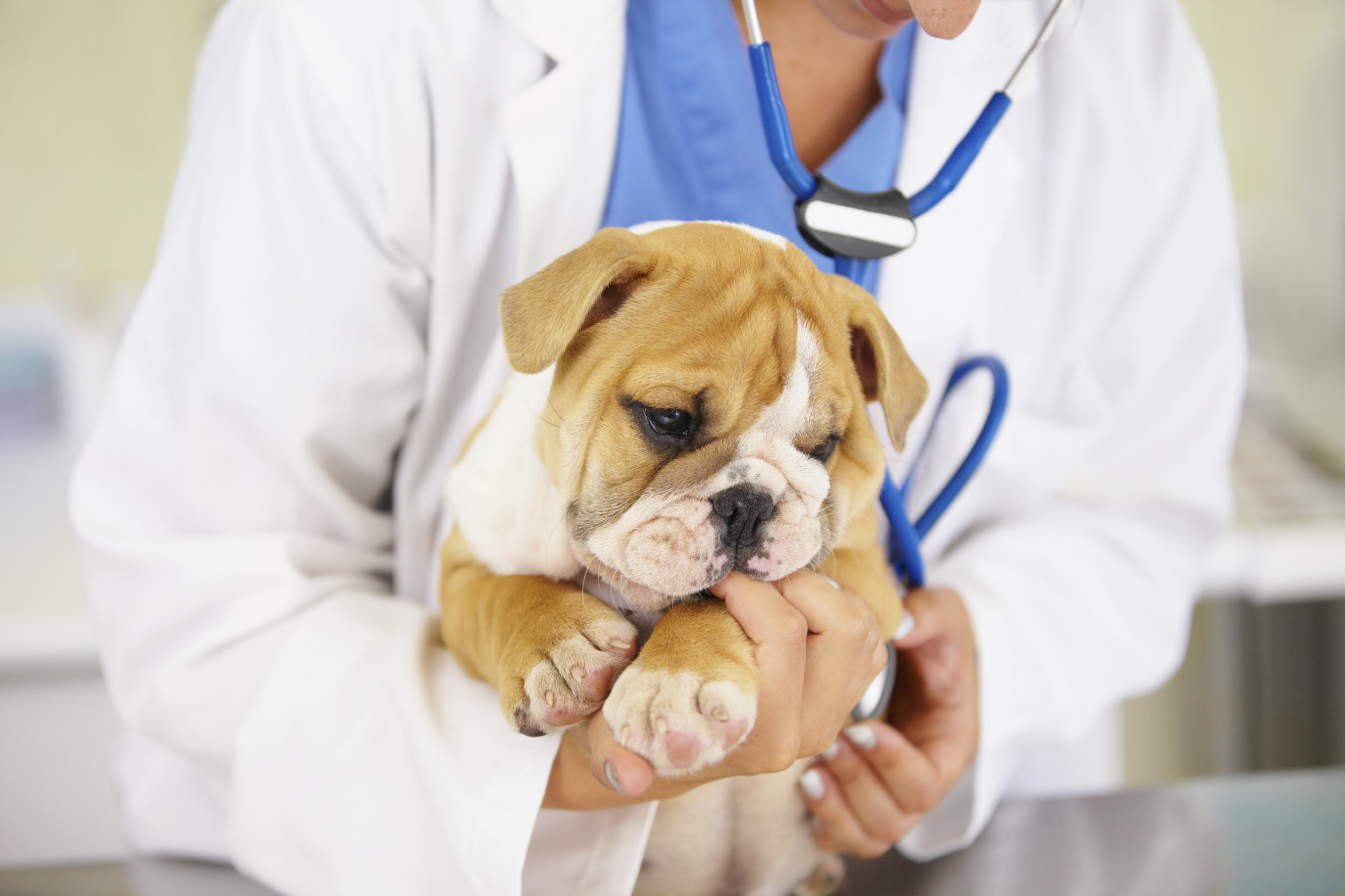Cancer In Pets: Fighting A Formidable Foe

A diagnosis of cancer in a beloved cat or dog can be absolutely devastating. Unfortunately, with pets living longer than ever, cancer in pets becoming increasingly common, especially among seniors. Cancer remains one of the most common causes of death in adult and senior dogs and cats.
As of yet, there is no cure for cancer in pets, but with early detection and a commitment to preventive care, we can give our pets the best chance at a long and happy life.
Signs Of Cancer In Pets
Understanding the early signs of cancer in pets is vitally important to catching and treating the illness before it becomes more difficult and costly to treat. Give us call if you notice any of the following symptoms in your pet:
- An area of swelling
- A lump or bump that is new, changing, or growing
- Bloating of the belly
- Loss of weight or appetite
- Lack of interest in physical activity
- Difficulty chewing or swallowing
- An uncharacteristic odor
- A wound that won’t heal
- Coughing or difficulty breathing
- A personality or behavior change
- Pain of unknown origin
- A new limp
- Vomiting or diarrhea
It’s important to be aware that while not all of these symptoms indicate cancer, none are normal and all of them should be investigated.
Prevent, Prevent, Prevent
By focusing on prevention protocols and working to keep your pet’s immune system strong, you are giving him or her a huge advantage in the fight against cancer:
- Wellness appointments – Your veterinarian is your most important ally in the fight against pet cancer. By making, and keeping, regular wellness visits for your pet, you give your veterinarian the opportunity to catch any early warning signs of the disease. We recommend annual or bi-annual wellness examinations, depending on the age and physical condition of your pet.
- Maintain your pet’s weight – Overweight pets are at an increased risk for a variety of health problems, including cancer. Keeping your pet at a healthy weight through a balanced diet and plenty of exercise is an essential part of his or her overall health and well-being.
- Spay or neuter – Pets that have been spayed or neutered have a much lower incidence of cancer in the reproductive organs. Consider spaying or neutering your pet, if you have not already done so.
- Dental care – Periodontal disease can lead to a variety of health problems in pets, including certain forms of cancer. Brush your pet’s teeth daily and schedule a yearly professional dental examination and cleaning at our facility.
- Avoid known carcinogens – Do whatever you can to prevent your pet from being exposed to carcinogenic substances, including cigarette smoke, herbicides, pesticides, asbestos, and prolonged sun exposure.
Lone Tree Veterinary Medical Center Can Help
Cancer deeply affects everyone it touches, and pets are no exception. Please don’t hesitate to give us a call if you have any questions or concerns about cancer in pets.



